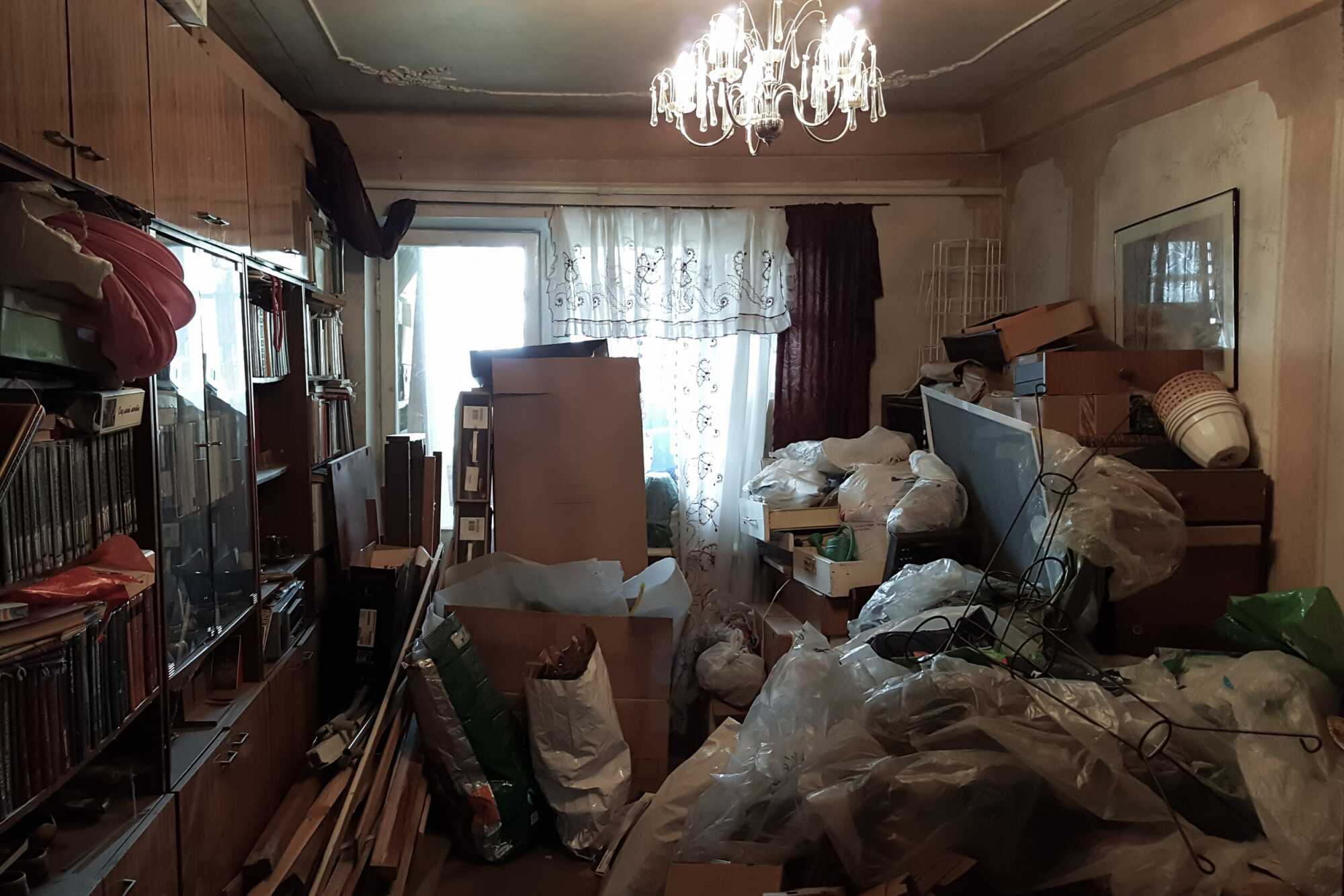How to deal with abandoned premises
12th April 2018
Get in touch today
Call 01435 897297
Email info@kdllaw.com
12th April 2018

Generally a tenant of residential premises is entitled to spend some periods of time away from the premises, and the tenancy will not necessarily end simply because the tenant is not living there.
If a tenant has abandoned the premises, the landlord may accept this as an implied ‘surrender’ of the tenancy and take back possession of the premises.
Caution must always be exercised!
If a landlord takes back possession of the premises and the tenant or any other occupier can show that they had not intended to abandon it, a landlord could face a claim for unlawful eviction and be liable for :-
Fines and prosecution under the Protection from Eviction Act 1977; and
Civil damages (e.g. compensation).
Caution should therefore always be exercised before treating premises as abandoned and taking back possession. It is possible, even if the tenant has abandoned the premises, that another person may be in occupation. In such a case, legal advice will be required on the landlord’s legal options. Where residential premises are occupied, a landlord can only recover possession with a Possession Order.
What to look out for
Whilst not conclusive, there are a number of signs to look out for when considering whether premises have been abandoned, such as :-
Has the tenant ceased communication/contact?
Do the premises look occupied? Can you see signs of occupation through windows/doors? Look for unopened post, shoes in the hallway etc. Have any items moved since your last visit?
Has the rent stopped being paid?
What do the neighbours say about the occupiers? When did they last see them?
If you have managed to gain entry, is there food in the cupboards/milk in the fridge? Are there clothes in the wardrobes?
A landlord should remember that everyone lives in very different ways and a sparse property may be a lifestyle choice and not necessarily an indication that the premises have been abandoned. Caution should always be exercised for the reasons above. If in doubt, a Possession Order should be sought.
In any case, contact should always be attempted with the tenant or any other occupiers before any steps are taken to take back possession of the premises without a Possession Order, with clear and accurate records of discussions held or unsuccessful attempts at contact.
Taking possession of abandoned premises
Once all reasonable checks have been carried out, and only if the landlord is confident the premises have been abandoned, should any steps be taken to recover possession without a Possession Order.
The landlord might in those circumstances :-
Change the locks to the premises and make safe any appliances inside;
Affix an Abandonment Notice to the front door advising the tenant, or any other person with a right to occupy the premises, that the locks have been changed and they should make contact to arrange access;
Should the tenant, or any other person with a right to occupy the premises, make contact then under no circumstances should the landlord deprive the tenants/occupiers of their rights to access the premises;
Considering informing the Local Authority of these actions.
Dealing with items left behind
It is likely that some items will be left behind in abandoned premises. The landlord does not automatically become the owner of these items or have a right to dispose of them. The law imposes a duty on the landlord to safe guard the items for the owner.
We suggest that the following should be carried out :-
A full written or photographic inventory should be taken;
Notice can be served under the Torts (Interference with Goods) Act 1977 providing the occupiers with a reasonable period of time to collect the items;
After that time, items left may be sold but the landlord is accountable to the owner for the proceeds of sale;
Where the items are of low value, a landlord may consider the items have been abandoned and destroy them.
There is no legal right for the landlord to destroy items left behind and it could face a claim in damages for any items destroyed. A decision will need to be made on a case by case basis depending on the value of the items, before they are destroyed. Contact should therefore always be attempted with the tenant or occupier before any items are disposed of or sold.
For more information, please contact Kevin Lever at Kevin.Lever@kdllaw.com or on 01435 897297.
Disclaimer
This legal update is provided free of charge for information purposes only; it does not constitute legal advice and should not be relied on as such. No responsibility for the accuracy and/or correctness of the information and commentary set out in the article, or for any consequences of relying on it, is assumed or accepted by any member of KDL Law or by KDL Law as a whole.
If you have received this update in error or wish to unsubscribe from future updates then please email us at info@kdllaw.com.
Sign up to receive FREE regular Legal Updates by email